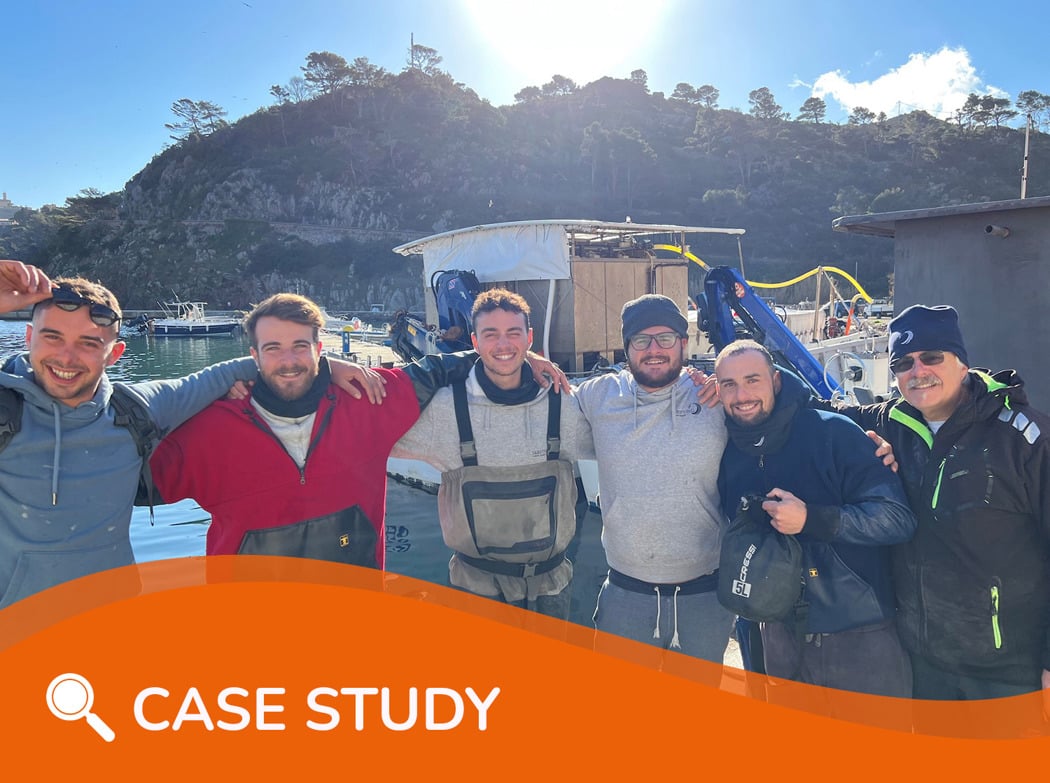
When using recycled content in flexible plastics, the main challenge is feed safety. To address this challenge, Skretting worked with their supplier to have the bags made with three layers, with the recycled content in the middle between layers of virgin plastic.
Another challenge in using recycled content is that the source of the plastic needs to be traceable to ensure no contamination throughout the supply chain. Skretting Italy checked compliance with relevant regulations and carried out a risk assessment approved by the veterinary control authorities and succeeded in receiving permission to use these innovative bags as feed packaging.